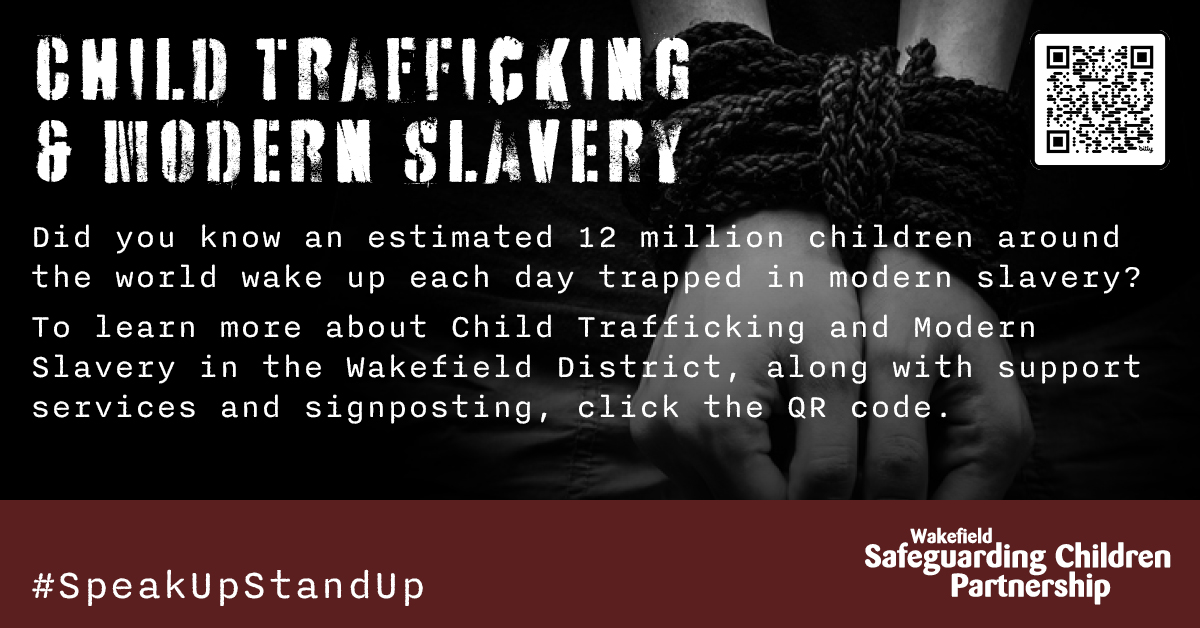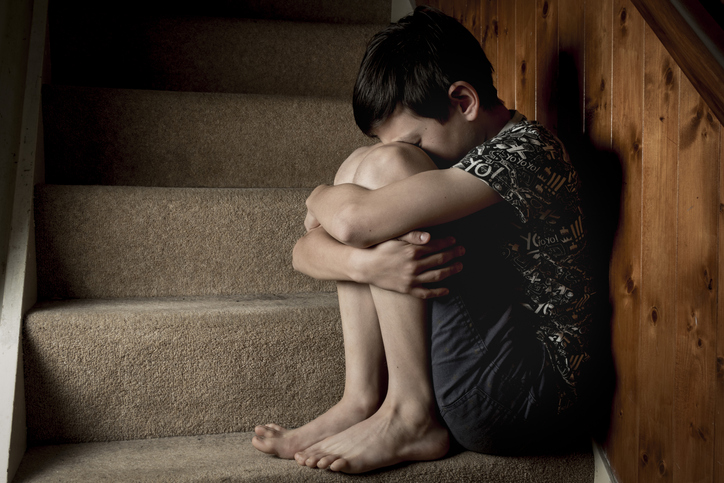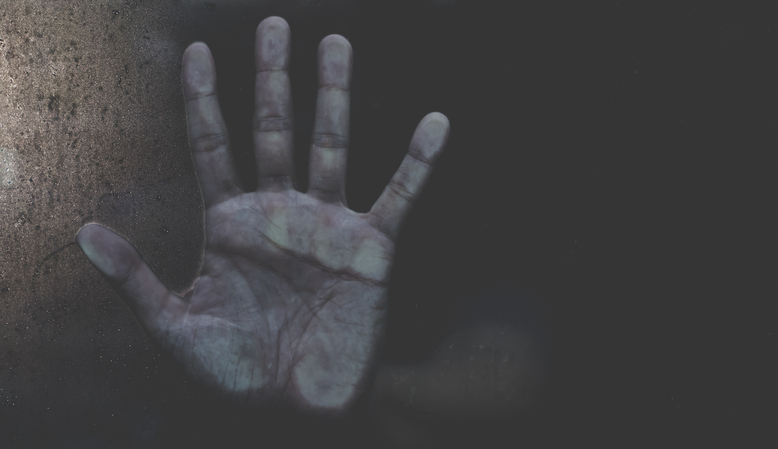Last reviewed February 2024
One Minute Guide to Modern Slavery
What is Modern Slavery?
Modern Slavery is a crime in which people are treated as commodities and exploited for criminal gain. It can encompass slavery, servitude, forced and compulsory labour and human trafficking. It is a global issue which transcends age, gender, ethnicities, and borders. Victims of modern slavery may have been brought legally or illegally from overseas, or they may be British citizens living in the United Kingdom.
The Modern Slavery Act 2015 encapsulates both the holding of a person in a position of slavery, servitude forced or compulsory labour and Human Trafficking which involves moving a person for the purpose of exploitation (sexual exploitation, forced labour, forced criminality, organ donation, servitude or slavery). Common factors include a victim who is, or is intended
to be, used or exploited for someone else’s (usually financial) gain, without respect for their human rights. The perpetrators seeking to take advantage could be private individuals, running small businesses or part of a wider organised crime network.


Risk factors of Modern Slavery
Anyone regardless of age, gender, ethnicity and sexuality, can be at risk of modern slavery, however, traffickers or modern slavery facilitators often target more vulnerable children as they are easier to manipulate and coerce.
Vulnerability factors include:
- Limited/sporadic school attendance (see Educational Neglect)
- Missing episodes (especially from care) MFHC
- Expression of fear or anxiety
- Signs of psychological trauma (including post-traumatic stress disorder)
- Sexually transmitted diseases
- Underage pregnancy
- Inappropriate sexual behaviour (USB)
- Substance misuse
- Limited social contact/isolation
- Lack of access to medical care
- Injuries apparent to a result of assault or controlling measures
- A lack of belongings (a limited/no change of clothes, unsuitable for activity)
- Unexplained or untreated injuries and bruising
- Malnourished
Signs of Modern Slavery include:
Signs of modern slavery can be very similar to other types of exploitation such as showing signs of neglect and malnourishment, or appearing withdrawn, anxious and frightened, however there are some more specific signs which are listed below:
- Unsuitable clothes for the weather
- Reluctance to make eye contact or speak to people
- Untreated injuries
- Underage pregnancy
- Unaware of their home address


How to report Modern Slavery
The safeguarding of children remains a priority for anyone who works with children. Practitioners should receive regular and updated training on how to spot the signs of child exploitation, and how to follow the guidance, protocol and procedures if they suspect that this is happening.
If you suspect that a child has been a victim of modern slavery, you should call 101, or 999 if you have reason to suspect child exploitation and consider the situation to be an emergency, you can also call the Modern Slavery Helpline anonymously on 0800 0121 700.
-
The National Referral Mechanism (NRM)Show details
It was introduced in 2009 as a framework for identifying and referring potential victims of modern slavery and human trafficking in the UK. It aims to ensure that victims receive appropriate protection and support. Consent is not required when referring a child to the National Referral Mechanism (NRM). For
guidance and support when making a referral, please click here for information by the UK Home Office. -
Independent Child Trafficking Guardianship (ICTG)Show details
The Independent Child Trafficking Guardianship (ICTG) service offers advice, guidance and support for children (aged under 18) who have been exploited through Trafficking and Modern Slavery. They also provide support, advice and guidance for practitioners working with children who are victims of Trafficking and Modern Slavery. To learn more about the ICTG, when a referral should be made and to access their One Minute Guide, click here.
Further information
- Worried about a child?
- Speak Up Stand Up Stop Exploitation Knowledge Hub
- Screening Tool (coming soon)
- Working Together to Safeguard Children
- The MACE Strategy
- Report Modern Slavery – Home Office
- The Modern Slavery Act
- Unseen (leading anti-slavery website) with helpline for Modern Slavery & Exploitation or call 0800 0121 700
- Children and young people trafficking for the purpose of criminal exploitation in relation to county lines: A toolkit for professionals


